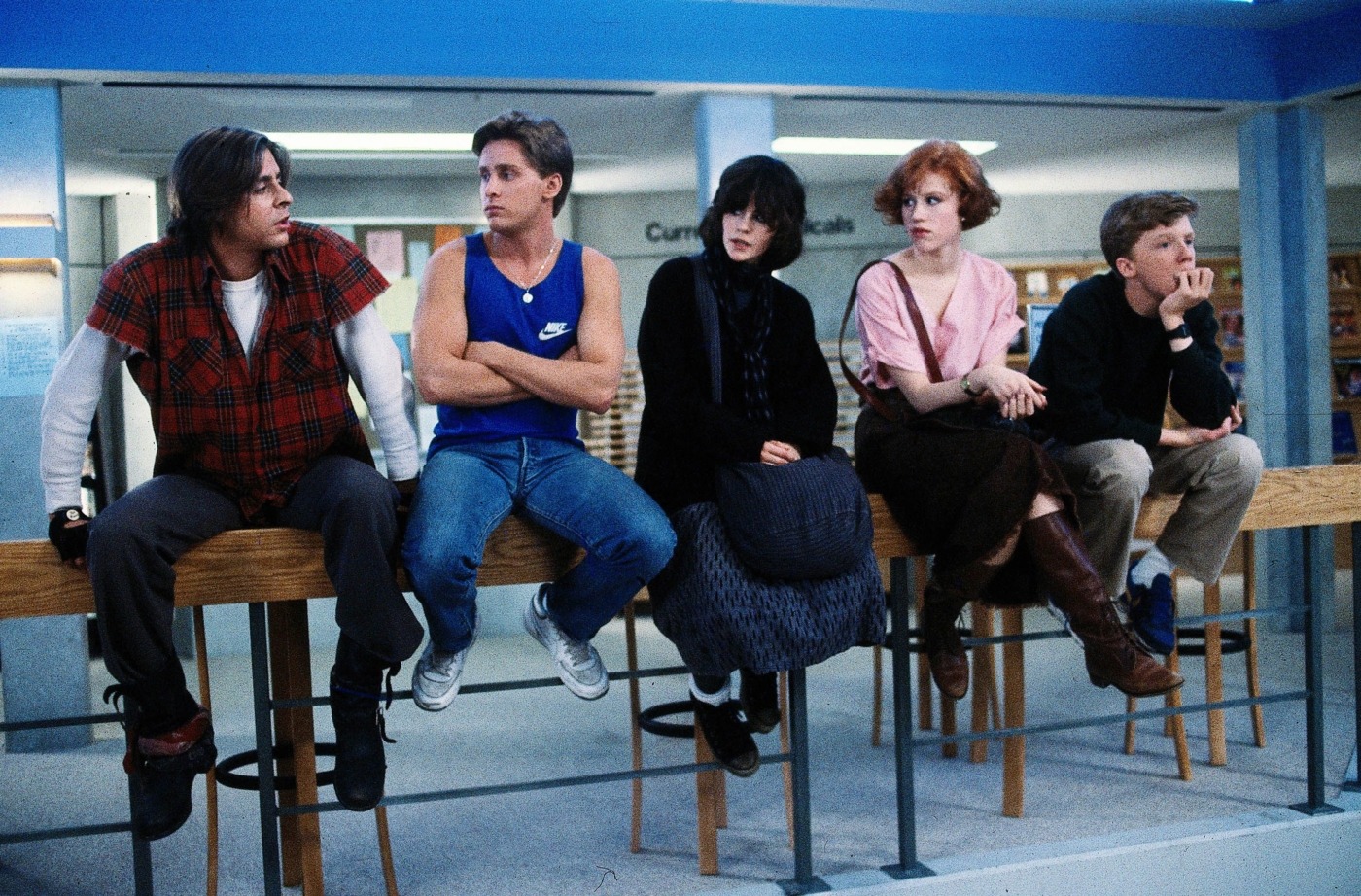Expectation v Reality with ‘Coming of Age’ Films
In recent years, we’ve seen exponential growth in ‘coming of age’ films. You know the formula: a teenager who is oxymoronically unique yet commonplace finds themselves on the cusp of adulthood and goes on an adventure. Laughs will be had and love will be forged through the trials and tribulations that the protagonist experiences (who has now made their first foray into the most terrifying of worlds – the world of adulthood). It’s easy to dismiss the genre as fluffy or trashy films with little artistic merit, but that’s an unfair generalisation. If you evaluate any genre, you’ll find that the majority of films are sloppily made or uninspiringly mediocre. But whilst it’s acceptable to indulge in formulaic action films such as Taken (where Liam Neeson will jump over fences with the power of editing!), binge-watching ‘coming of age’ films seems to me, far less acceptable.
Nonetheless, the best films of the genre comfortably stand alongside the greats of other genres. The recent success of Boyhood and Lady Bird meant that both had set a critically and commercially historical precedent, albeit a nascent history. Films such as Stand by Me, Ferris Bueller’s Day Off and The Breakfast Club were also commercial successes beloved by critics and audiences alike which have since transcended themselves into modern popular culture. But why has the genre exploded in popularity?
Are they accurate portrayals of what it’s like to be a teenager? In some ways they definitely aren’t. Many films consist of an affluent, white teenager that’s either shy or downtrodden that have adventure thrust upon them in the form of a hot romantic interest, an adventure of absurd proportions, or both. They are thinly veiled fantasies that don’t actually appear fantastical as, technically, they could happen. One could easily meet a manic pixie dream girl, beat a pair of criminals to the hidden treasure or find a new parental or pedagogical figure to inspire them to greatness. Unfortunately though, the reality is the likelihood of going on adventures or stumbling upon the right people is small. But that doesn’t matter. They needn’t be accurate as they just need to be honest explorations of the teenage mind-set and lifestyle.
They needn’t be accurate as they just need to be honest explorations of the teenage mind-set and lifestyle
At its core, ‘coming of age’ films are one of the primary ways we explore our identity between childhood and adulthood. As surprising as it may seem to us now, it’s important to understand that traditionally there isn’t a lot of artistic media that explores this concept or theme. The idea of adolescence is a modern one arising in the mid-20th century, meaning that the idea of being a teenager was recognised less than a hundred years ago. That doesn’t mean that the experiences that we associate with adolescent didn’t happen, but it did mean they weren’t given the merit of an entire section of your life to explore and build upon. Why worry about what love is when your parents are organising a socially acceptable arranged marriage? Why think about what your true passions are when you’ll already be doing your parent’s trade or other jobs when you’re a teenager? We don’t have a massive cultural backdrop which teenagers and young adults can use to explore the emotional and intellectual challenges of ‘coming of age’. It’s inevitable that our culture has such a glut for ‘coming of age’ films when the idea of ‘coming of age’ is so new to our culture. There’s a weird contradiction that such films often act as both universal tales and personal odysseys. The typical themes of finding a first love, dealing with significant personal trauma for the first time in your life or becoming passionate about a life-defining career or hobby are experienced by everybody.
There’s a weird contradiction that such films often act as both universal tales and personal odysseys
These are experiences that everybody has. But these universal themes are told by a thousand different voices, all of which have different experiences with these themes. The process of finding your first love is suddenly a dicier proposition when you’re about to die from cancer. The journey towards university is going to be turbulent when your mother will struggle to afford it and desperately wants to keep you close to home. Perhaps that’s why they are so popular. They perfectly capture the intersection between universal and personal struggles. Consequently, they’ll always be stories to tell about us ‘coming of age’. And maybe it isn’t so bad to understand how people, both alike and different from us, grow into adulthood.

Comments